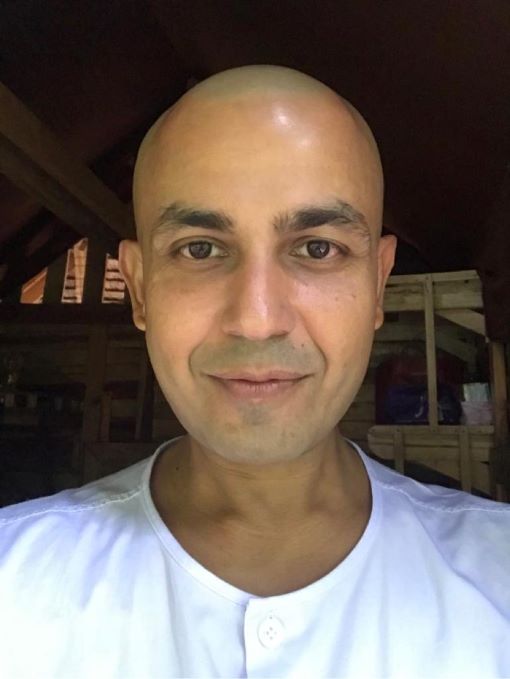Ranjit Gopi
Soon after my retirement in 2019, I relocated to Central Florida with an intention to re-focus my professional and spiritual practices on integrative healing practices and Theravada Buddhism. Coincidentally, a decision to supervise Yau Yan Wong’s PhD thesis, from Kasetsart University in Thailand, facilitated both of these intentions. Yau Yan had extensive experience with a range of mindfulness practices and an affiliation with Luangpor Pramote, an enlightened monk, from whom she was highly motivated to learn. Soon after I began as Yau Yan’s supervisor, I viewed highly informative written and video resources of Buddhist Dhamma, including some presented by Luangpor Pramote (with English transcripts).
During a review of a video seminar on mindfulness, presented by a student of mindfulness, I became aware of his possible use of Reiki during the presentation — the presenter seemed to have insights into what participants were thinking and feeling. Was he able to see auras? Could he read minds? Although I knew about Reiki from Jin Shin Jyutsu practitioners who also practiced Reiki, I had no first-hand experience. Fortunately, Yau Yan introduced me to Ranjit Gopi who is a highly skilled Reiki practitioner and also a student of Luangpor Pramote’s Dhamma. In the months ahead, I learned about Reiki through Ranjit’s practices with me as a client and friend. A feature of my learning pathway is being able to learn about Reiki and Buddhist Dhamma in an integrated fashion. Ranjit also assisted me to locate a Reiki teacher who would formally teach me through to master’s level. My studies of both Reiki and Buddhism are ongoing.
Today, Ranjit and I continue our collaboration with a seminar and associated dialogues on: Mindfulness for doctors and caregivers. A context for our current inquiry is educating for death and dying.

